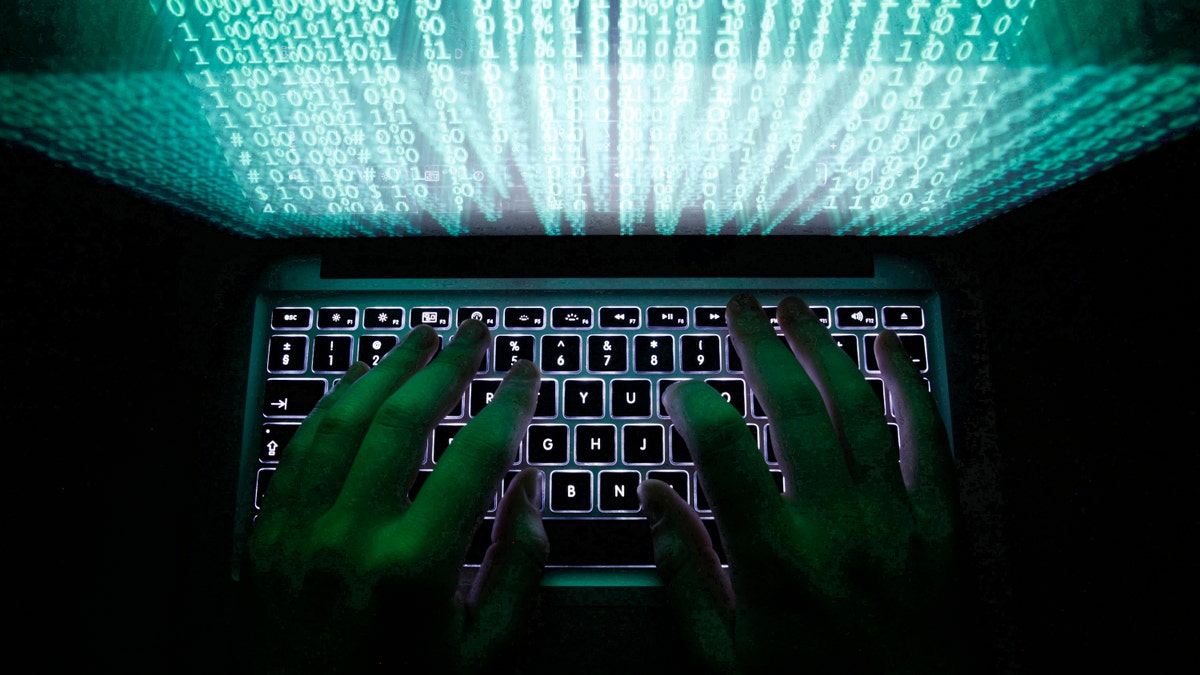
A man types on a computer keyboard in Warsaw in this February 28, 2013 illustration file picture. (REUTERS/Kacper Pempel/Files)
Ever been harassed online? According to new report from Data & Society Research, nearly half of Americans can answer yes to that question.
Some 47 percent of Americans have personally experienced online harassment or abuse — everything from being called offensive names to being physically threatened, monitored, tracked, or cyberstalked, the report notes. Plus, 72 percent have witnessed online harassment or abuse.
Breaking it down, 36 percent of Internet users have experienced direct harassment like name calling, physical threats, or stalking. Thirty percent have faced invasions of privacy like being hacked, having their information or pictures exposed online without their permission, being impersonated, tracked, or monitored. Seventeen percent have experienced denial-of-access issues, which prevented them from being able to access an account, platform, device, or site.
The report is based on a survey of 3,002 Americans aged 15 and older, conducted between May 17 and July 13.
More From PCmag
The most common targets of online harassment are women, young people under 30 (especially women under 30), and sexual minorities (those who identify as lesbian, gay, or bisexual). The survey also revealed that black, sexual minority, and young Americans are more likely than others to say that people are "mostly unkind" to each other online and self-censor themselves by not posting something to avoid harassment.
Men, overall, are "substantially less likely than women" to describe what they have experienced as harassment. Fifty-three percent of women who have experienced the behaviors Data & Society asked about said what happened constituted "harassment or abuse," compared to 40 percent of men. Women are also more likely to report being angry, worried, or scared following the experience.
"Among those who did say that what they experienced was online harassment and abuse, women were almost three times as likely as men to say the harassment made them feel scared, and twice as likely to say the harassment made them feel worried," the report notes.
Overall, more than a quarter of all American Internet users (27 percent) self-censor their online postings out of fear of online harassment.
Among the most popular social networks, Twitter has taken much of the heat for not adequately cracking down on abuse. Almost two years ago, former CEO Dick Costolo admitted that the company "sucks" at dealing with trolls. And while it has rolled out incremental updates intended to combat abuse, like allowing users to flip on a "quality filter" or only see responses from those they follow, the issue reportedly thwarted a takeover deal from Salesforce, and dissauded Disney from making a serious bid.
More recently, Twitter extended the "mute" feature it rolled out in 2014 to notifications. Twitter also teased a "more direct way" to report hateful conduct, whether it's directed toward you or someone else.
This article originally appeared on PCMag.com.
